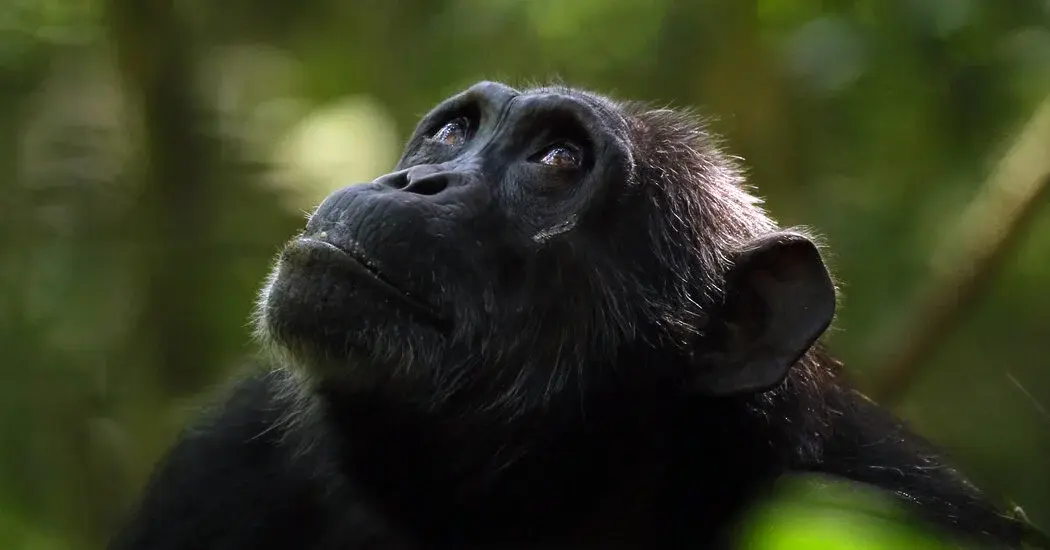It is not obvious why selection should favor menopause or the continued survival of individuals that can no longer reproduce. The famous Grandmother Hypothesis had been used to explain the evolutionary significance of menopause. A new study conducted on the Ngogo chimpanzees community of wild chimpanzees in Uganda challenges this hypothesis. Science 27 Oct 2023 Vol 382, Issue 6669 DOI: 10.1126/science.add547



Don’t feel stupid - the subject is complex and it took me quite a while to understand it too.
Because both Bob (the old male) and Daniel (the new male, likely Bob’s son) are slightly discouraged from having new children, until they get access to more resources. That results in both ceding a bit, but not too much - with a slight lower fertility for both sides, but they don’t shut off reproduction completely.
The same won’t happen between Alice and Charlotte, because no matter what Alice does, Charlotte will keep pumping out children. So Alice keeps ceding, ceding, ceding, for the sake of her grandchildren, until she has zero fertility (i.e. menopause).
Note how Charlotte and Daniel’s roles are essential to understand why Alice and Bob behave in one or another way. Hypothetically speaking, if Daniel kept pumping out children even if this endangered Bob’s children (i.e. Daniel’s siblings), Bob would eventually be forced to undergo menopause, like Alice. That doesn’t happen though.
Alice is an adult. As such, she likely contributes with more food than the clan needs to provide her. She might not be getting new children, but by hanging around she improves the odds of survival of her grandchildren. (That’s also present in the grandmother hypothesis.)
Give this article a check. It’s explaining menopause for another species (humans), but the reasoning should be identical. There’s also this article about menopause in cetaceans, but take conclusions from it with a bit of salt because the social structure among cetaceans is different from ours (humans and chimps).
Thanks so much, I understand the hypothesis now!!
And that article does show how it could map onto humans. For some reason I had been under the impression that early hominids did not necessarily have the females-as-strangers setup.
It’s interesting to compare with elephants, who are matriarchal. The “Alice” of an asian elephant herd will often stop having kids (though, she biologically still can) so her daughters can have some, even though unlike Charlotte, her daughters are related to her so theoreticly it’s more of a Bob/Daniel situation.